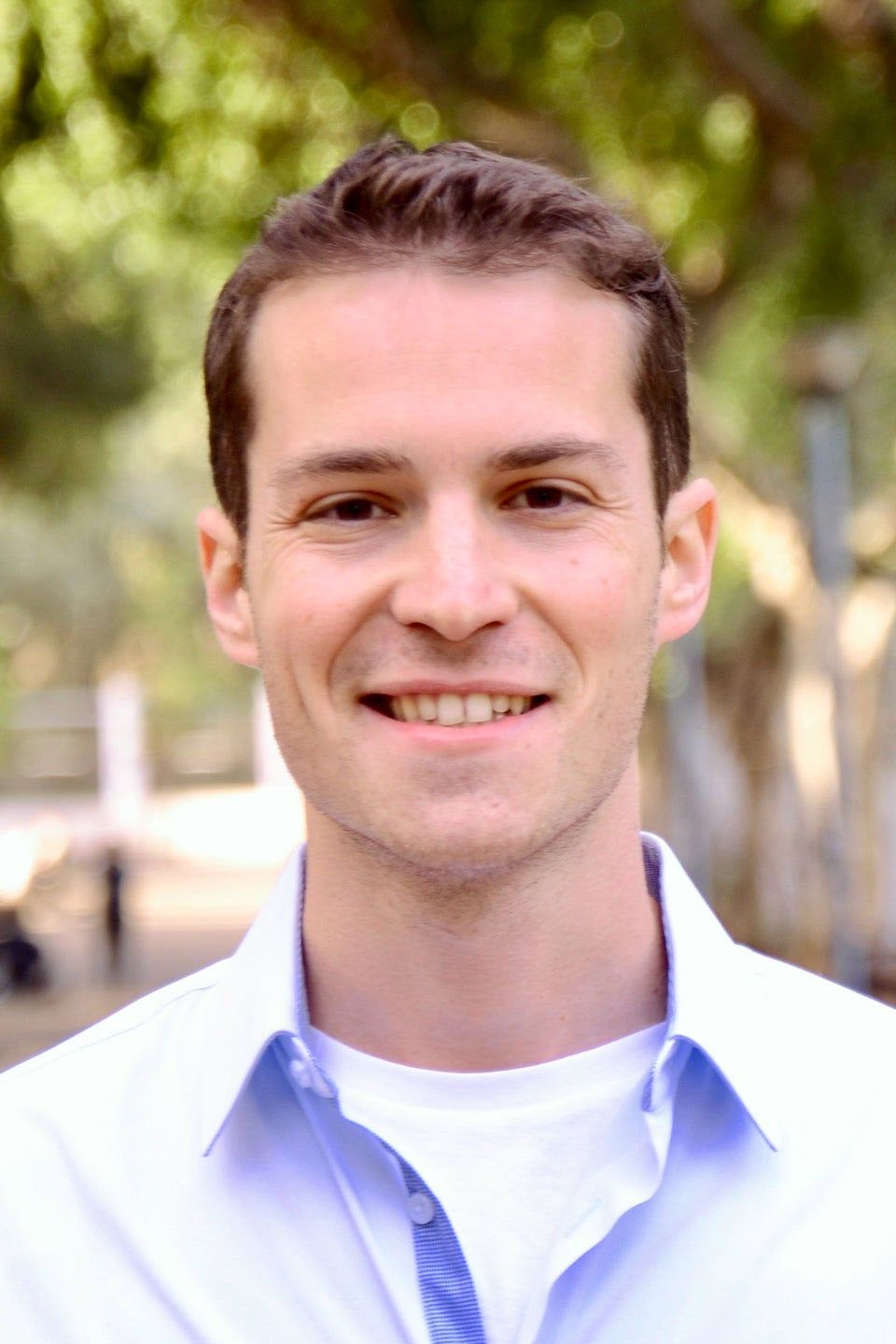Nadav Lidor, who graduated from Stanford last year with a bachelor’s degree in computer science and symbolic systems, has been named a 2017 Rhodes Scholar.

Nadav Lidor of Tel Aviv, a Stanford alumnus, has been named a 2017 Rhodes Scholar. (Image credit: Courtesy Nadav Lidor)
Lidor, who lives in Tel Aviv and will represent Israel, was one of 63 international scholars chosen from around the world for Rhodes Scholarships, which are considered one of the oldest and most celebrated international fellowship awards in the world.
The scholarships provide all expenses for two or three years of study at the University of Oxford in England. Rhodes Scholars are chosen for their scholarly achievements, character, commitment to others and to the common good, and for their leadership potential.
Lidor and the other international scholars will join the 32 scholars selected as 2017 Rhodes Scholars from the United States, including Stanford senior Meghan Shea. Every year, The Rhodes Trust selects 95 scholars from the United States and 18 other jurisdictions.
At Oxford, Lidor will pursue a master’s degree by research in computer science.
In an email from Tel Aviv, Lidor described the news that he had been named a 2017 Rhodes Scholar as “incredibly exciting and overwhelming.”
“I’m thrilled to be going to Oxford, though I’ll miss Stanford,” he said. “Beyond my terrific professors and research opportunities, my time at Stanford was a chance to explore new fields – anything from art in New York to sailing in the (San Francisco) Bay. This wouldn’t have happened without these experiences, and the support of my family and friends who inspire and challenge me to dream big.”
Lidor, who conducted research in natural language processing and artificial intelligence at Stanford, said he is passionate about expanding the reach of technology and artificial intelligence to tackle social challenges of major public concern.
At Stanford, Lidor did most of his research with Dan Jurafsky, a professor of linguistics and of computer science, and Chris Manning, a professor of linguistics and of computer science.
Jurafsky said working with Lidor was amazing.
“He has the brilliance and the motivation to advance the state of the art of research in computer science, but also has a rarer gift, a deep passion for finding ways to apply computer science to questions that matter in the world,” Jurafsky said.
“His research has focused on natural language processing, applying computer algorithms to different kinds of text. For example, he has come up with improvements in algorithms that measure the coherence of a dialogue, to help improve the automatic diagnosis of schizophrenia.”
Before Stanford, Lidor studied at the Hebrew University of Jerusalem’s honors program in the humanities and graduated from the United World College of Costa Rica. In his spare time, Lidor loves running, cycling around Tel Aviv and cooking with friends.
If Stanford students are interested in learning more about the Rhodes – or if Stanford faculty and staff wish to nominate students – they should contact Diane Murk, manager of the Overseas Resource Center, at dmurk@stanford.edu; or John Pearson, director emeritus of the Bechtel International Center, at john.pearson@stanford.edu.